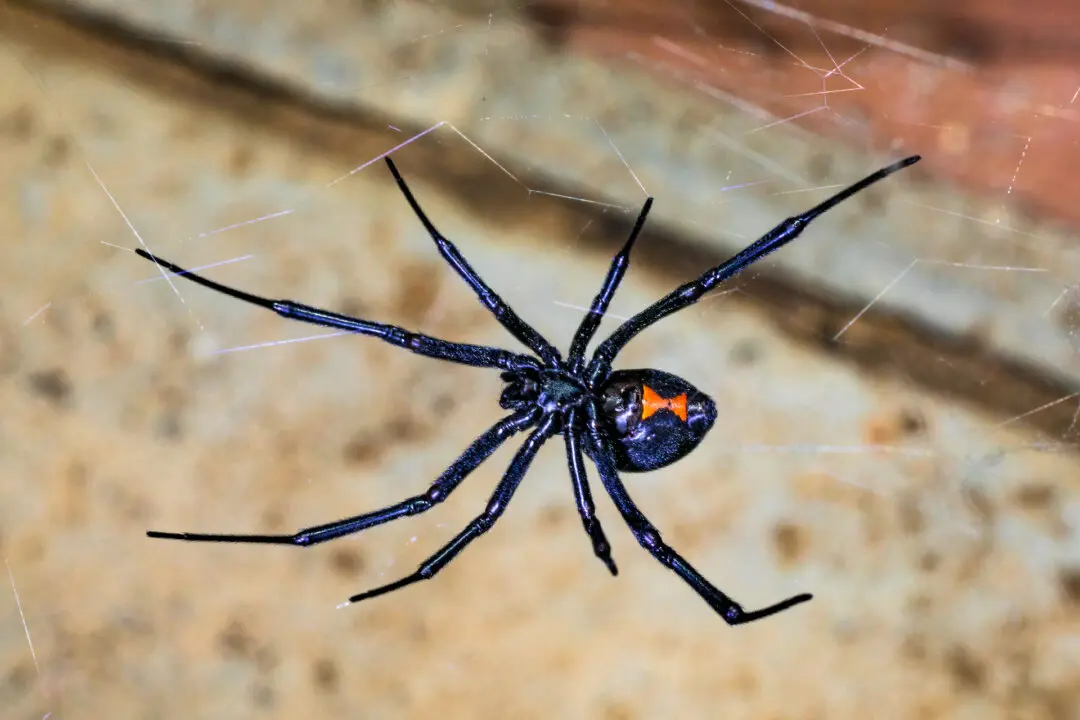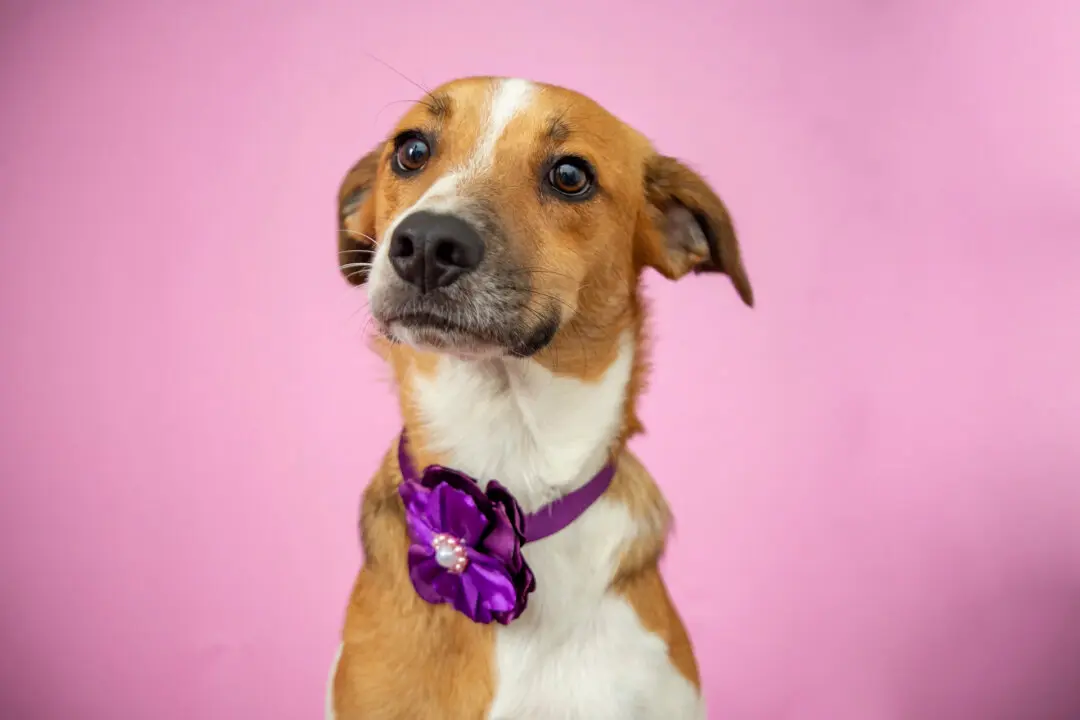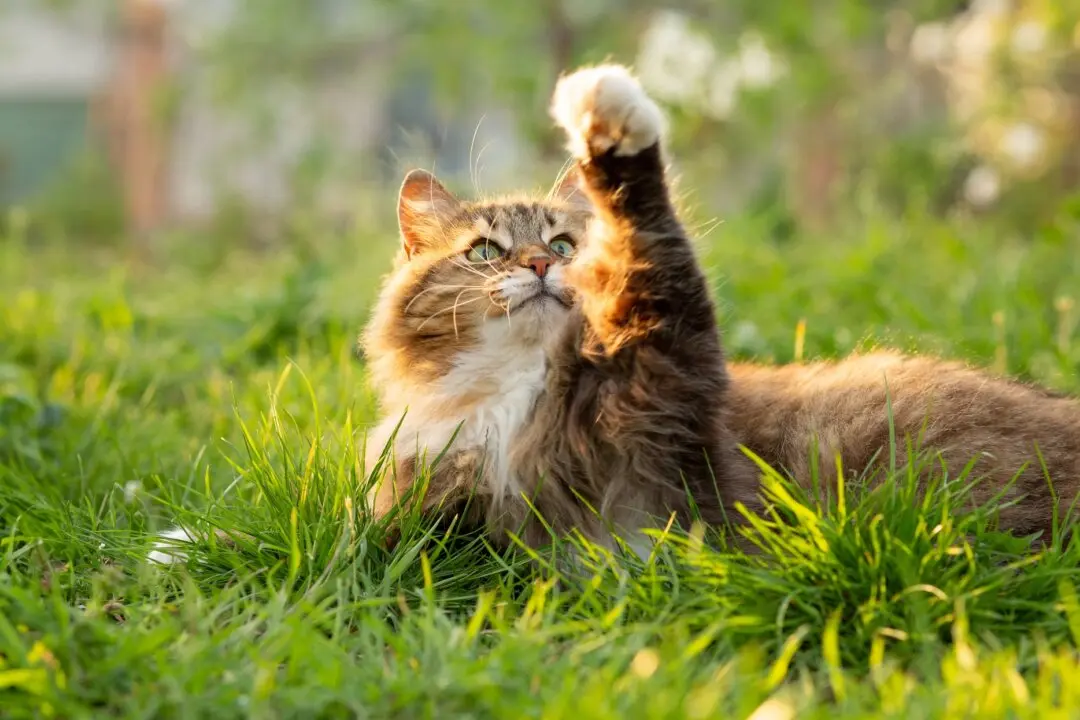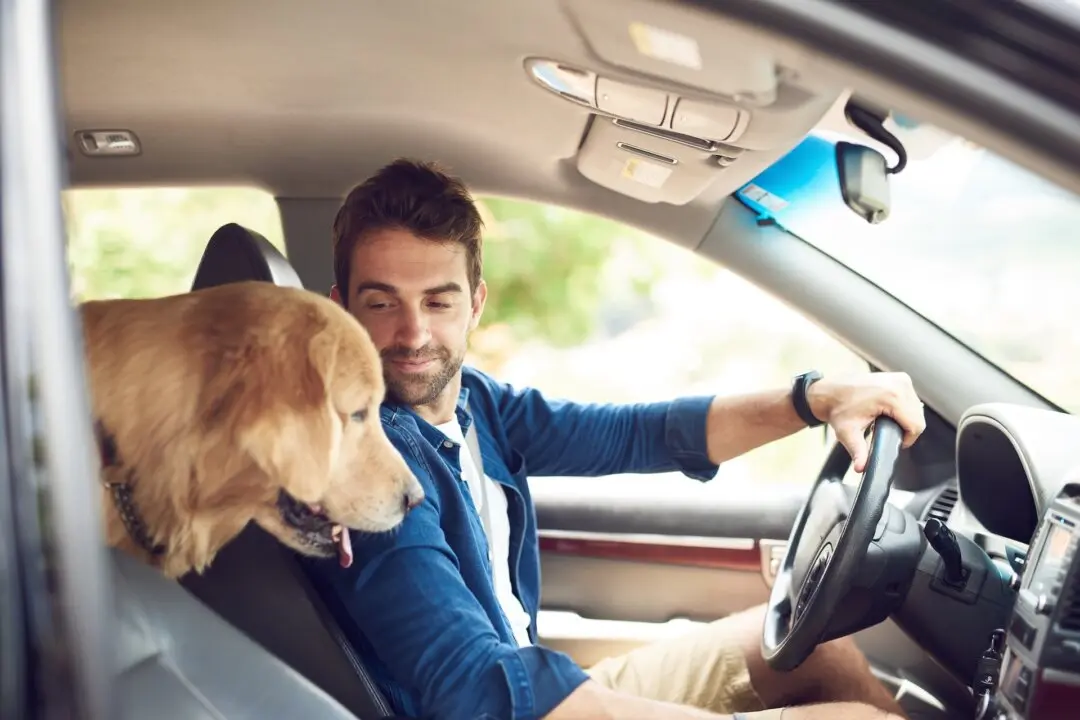Q: We recently welcomed a Labrador retriever puppy into our family. Our veterinarian recommends that during her spay surgery, the surgeon attach her stomach to her body wall to prevent it from twisting. Is this “gastropexy” procedure safe?
A: Gastropexy is a standard, low-risk surgical procedure to prevent GDV, or gastric dilatation volvulus, also called bloat or stomach torsion. GDV occurs when gas distends the stomach, which rotates on its long axis either before or after the distention.





